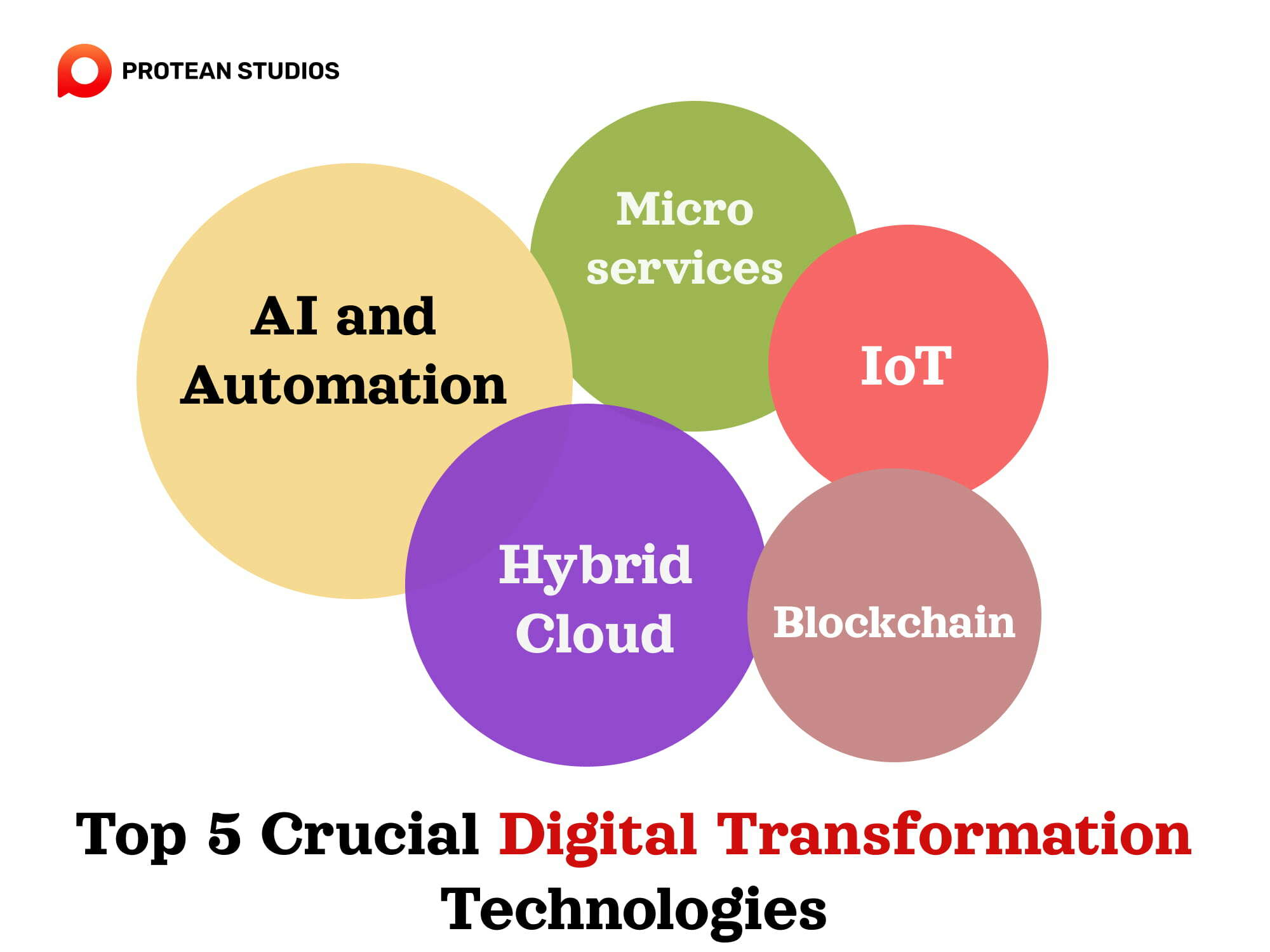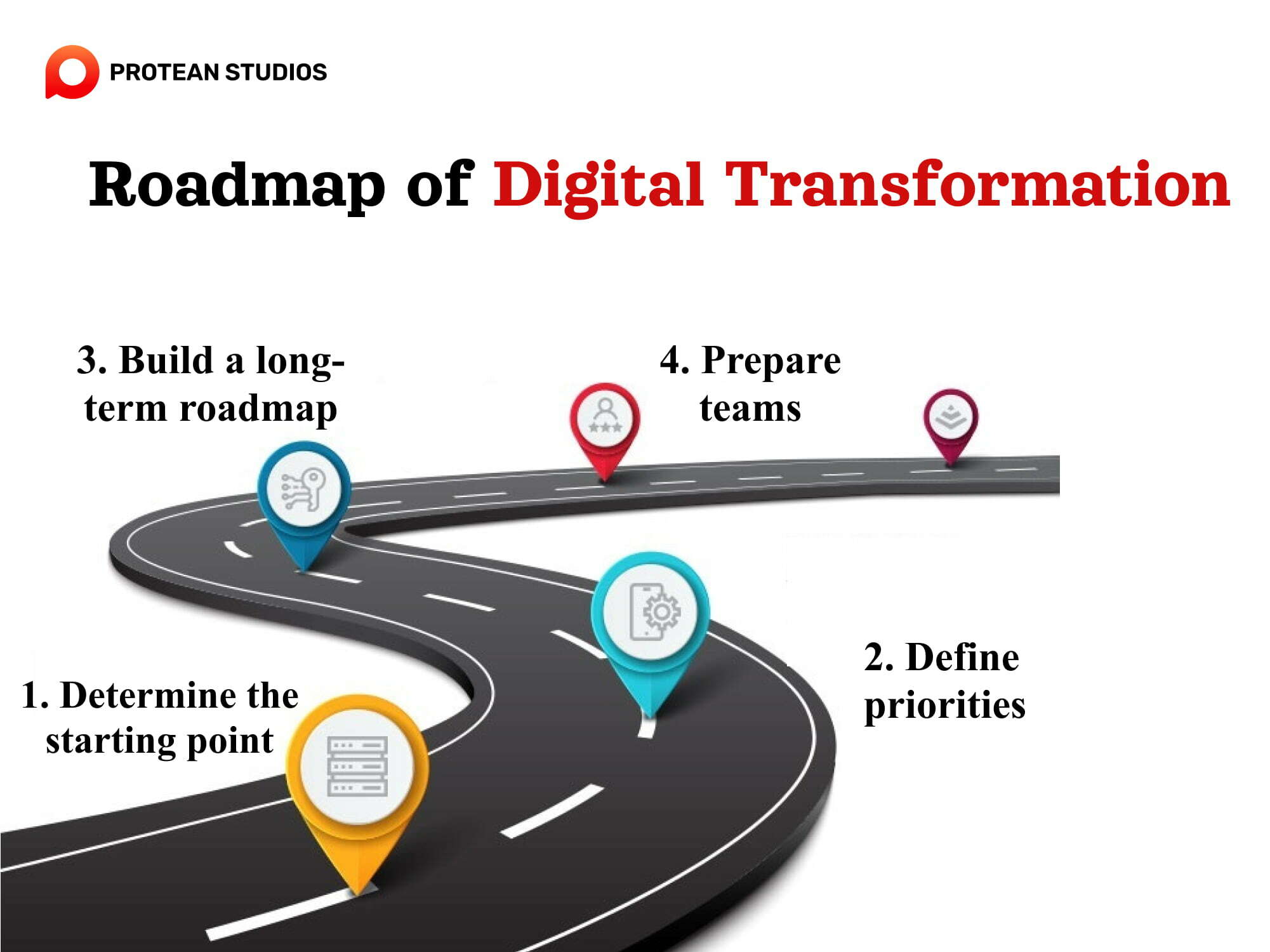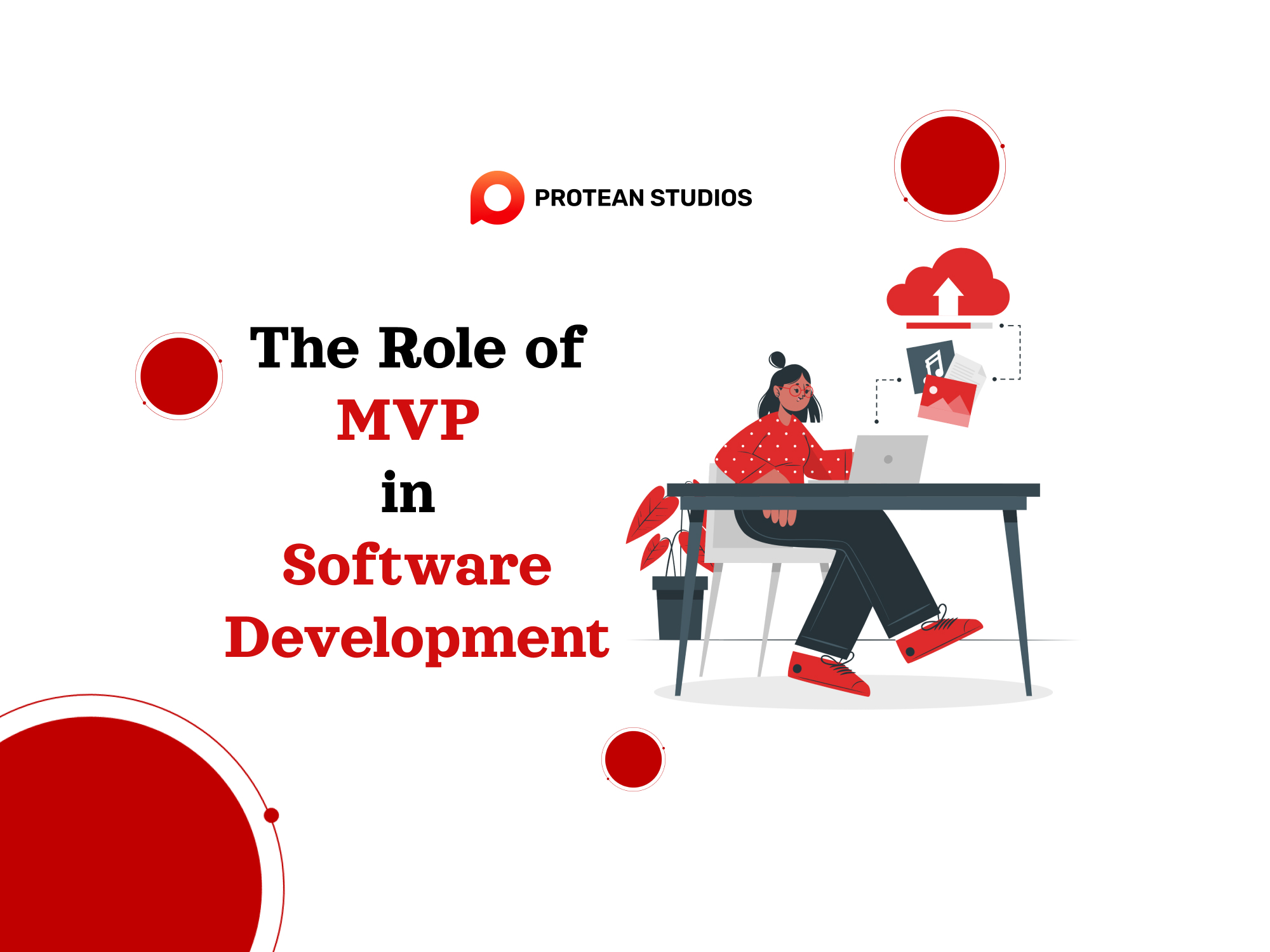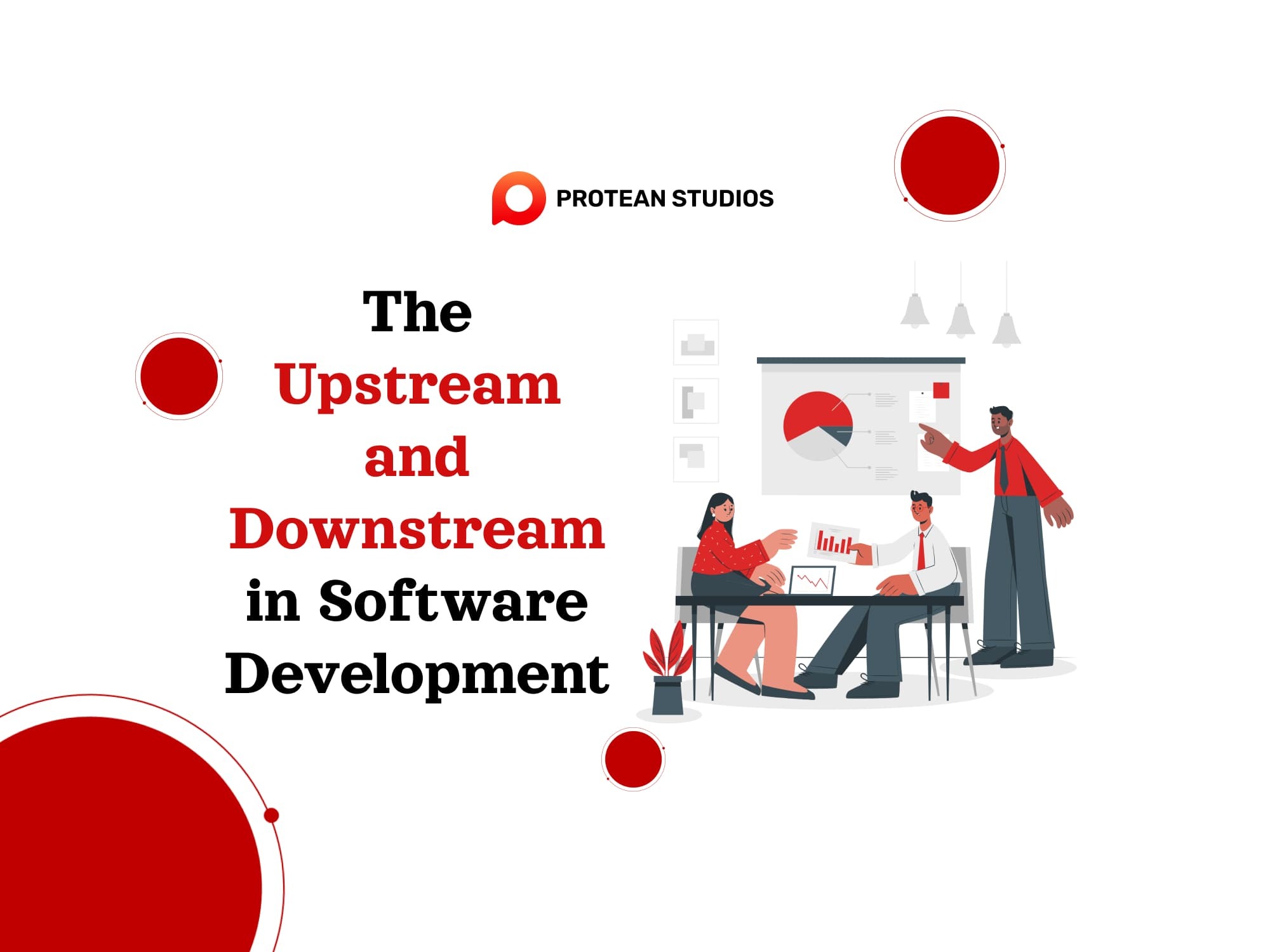Digital transformation is the profound integration of digital technologies into all aspects of business and society. It can alter the way organizations operate and deliver value to meet the market’s changes. In the blog, we will uncover the transformative power of digital initiatives and their far-reaching implications. especially the benefits that they carry for the future of technological innovation, competitiveness, and societal progress.
I. What is digital transformation?
Digital transformation (DX) is the process of integrating digital technologies into different operational, cultural, and social aspects of a business. The goal is to meet the needs of the consumer market and life changes. It also helps businesses improve efficiency, agility, customer satisfaction, and competitiveness in a changing world.

II. Why does DX matter?
Digital transformation is becoming more and more important because of the reasons below:
Competitive Advantage: In a fast-paced and competitive business environment, organizations that embrace digital transformation gain a significant competitive edge. Digital technologies enable streamlined processes, enhanced efficiency, and quicker adaptation to market changes.
Innovation: DX is synonymous with innovation. Adopting digital technologies fosters a culture of continuous improvement and innovation within organizations.
Operational Efficiency: Automation, data analytics, and cloud computing are integral components of DX that improve operational efficiency. Processes become more streamlined, and decision-making becomes data-driven. All contributing to cost savings and improved performance.
Customer Experience: Digital transformation has a profound impact on the customer experience. Through technologies like personalized analytics, AI-driven interactions, etc., businesses can better understand and cater to the preferences and expectations of their customers.
III. Top 5 crucial digital transformation technologies
Nowadays, there are many technologies that help businesses access the digital era, like:
1. AI and automation
Artificial intelligence (AI) technologies enable computers or machines to imitate the capabilities of the human mind. AI helps recognize objects, make decisions, and more.
When combined with automation, AI has the ability to integrate intelligence and facilitate real-time decision-making within any workflow. This optimizes for supply chain management, variable management, and more.
2. Hybrid cloud
A hybrid cloud is a computing environment that combines public cloud and private cloud services. This allows data and applications to move between them. It also helps businesses achieve greater flexibility, scalability, security, and cost-effectiveness.

3. Microservices
Microservices are a special method used to develop software systems. This technology focuses on building single-function modules with clear, specific interfaces and operations. It allows organizations to deploy user-ready software or deliver new product feature updates on a daily basis. This is another reason microservices find extensive use in digital transformation.
4. IoT
The Internet of Things (IoT) comprises physical devices embedded with sensors and software, creating a connected network. They can collect and exchange data with other devices or systems. Thanks to IoT, businesses improve operational efficiency, customer experience, product quality, and business intelligence.
5. Blockchain
Blockchain is a decentralized and secure ledger technology that ensures transparency and immutability in data transactions. It provides information about the entire transaction to those with management authority and prevents intrusion by other people. Organizations are using blockchain as the foundation for supply chain transformations and cross-border financial services.
Related article: IT Outsourcing: The Technical Trends for 2023
IV. How to Prepare for Digital Business Transformation
To enhance the efficiency of business activities in digital transformation, businesses should do some of the steps below.

1. Determine the starting point
Before embarking on any digital transformation initiative, you need to assess your current situation. And then, identify your strengths, weaknesses, opportunities, and threats when changing technology. Businesses also need to understand their customers' needs, expectations, and pain points, as well as competitors' strategies and offerings. This will help you define your vision, goals, and value proposition for digital transformation.
2. Define priorities
Based on your assessment, you need to focus on the most important and urgent areas for digital transformation. Businesses should consider the impact, feasibility, and alignment of each potential initiative with their business objectives and customer needs. This step ensures that your digital transformation efforts are strategic, focused, and aligned with the broader goals of business.
3. Build a long-term roadmap
Once you have defined your priorities, you need to create a digital transformation roadmap. It needs to include the key milestones, deliverables, and timelines for each initiative. Your roadmap should also include the required resources, budget, and governance for each plan. A well-structured roadmap provides a guide for navigating the complexities of DX.
4. Prepare teams
Digital transformation encompasses more than just technology; it involves people and culture as well. You need to prepare your teams for the changes and challenges that come with DX. Companies should provide them with the necessary training, tools, and incentives to adopt new ways of working and thinking.
Provide the necessary training and upskilling opportunities to bridge any skill gaps within the workforce. Engage employees in the transformation process, making them active participants in the journey towards an evolved organization.
V. Wrap-up for the Future of Digital Transformation
The future of digital transformation unfolds as a dynamic landscape, offering both challenges and boundless opportunities for organizations. The seamless integration of emerging technologies, such as artificial intelligence, machine learning, blockchain, and the Internet of Things, is not a trend but a strategic change.
Success in the digital age belongs to those who can adapt, innovate, and lead with a clear vision. The journey is exciting, and the possibilities are limitless for those ready to embrace the transformative power of digital innovation.
In short, digital transformation is a strategic shift that uses technology to reshape how organizations work and stay relevant in today's fast-paced world. It's not about using new tools to access digital technologies; it's about changing business activities. It helps businesses operate efficiently and meet the necessary needs of the digital age.
If you find it interesting and want to know more, feel free to access the NEWS of Protean Studios.





